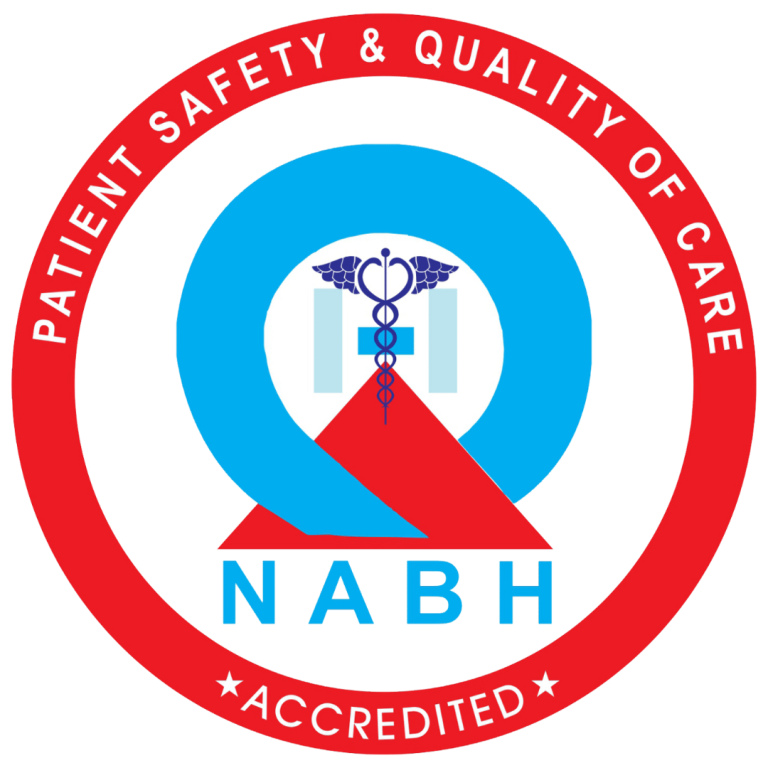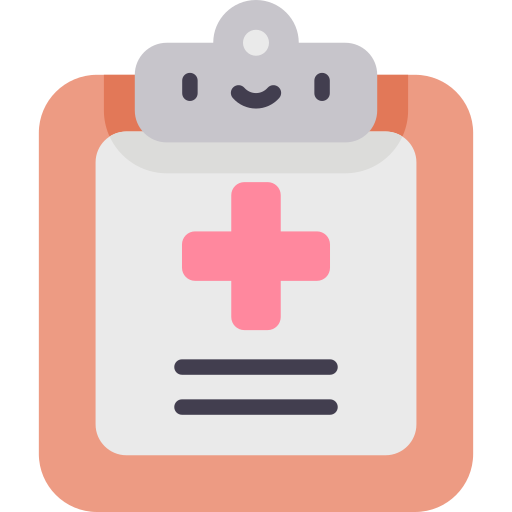Winter brings cozy mornings, warm clothes, and hot beverages, but it also brings a hidden danger: an increase in heart attacks. Research shows that cold weather puts extra stress on the heart, leading to a higher incidence of heart-related emergencies, especially in senior citizens, people with diabetes, and those with pre-existing heart conditions.
At Nelson Hospitals Nagpur, our cardiology experts have observed a consistent rise in cases of heart attack during the winter season. Understanding the causes, risk factors, and preventive measures is crucial to keeping your heart safe.
Why Do Heart Attacks Increase in Winter?
- Cold weather narrows blood vessels
Exposure to cold causes the arteries to constrict, making it harder for blood to flow. This increases blood pressure and the workload on the heart. - Increased blood clotting risk
Cold weather thickens the blood, increasing the risk of clot formation. Blood clots can block coronary arteries, leading to a heart attack. - Extra strain during physical activity
Simple tasks like shoveling snow, climbing stairs, or walking briskly in cold air can put extra pressure on the heart, especially in people with underlying heart disease. - Respiratory infections in winter
Flu, pneumonia, and other winter infections can stress the body, lower oxygen levels, and trigger heart complications. - Unhealthy winter habits
Eating more fatty foods, reduced physical activity, and stress during the holiday season increase cholesterol and blood pressure, raising the risk of a cardiac event.
Who is Most at Risk?
Not everyone is equally vulnerable to winter-related heart problems. The following groups need to be extra careful:
- Senior citizens – natural decline in heart function with age
- Diabetic patients – higher risk of artery damage and poor circulation
- People with high blood pressure – already at risk of heart strain
- Smokers – smoking further narrows blood vessels
- Those with a history of heart disease – more prone to heart attacks in extreme weather
At Nelson Hospitals Nagpur, our cardiology department offers complete heart check-ups, ECG, echocardiography, angiography, and preventive consultations to help at-risk individuals manage their heart health during winters.
Symptoms of a Winter Heart Attack
Recognizing the early signs of a heart attack can be life-saving. If you notice any of these symptoms, seek emergency care immediately at the nearest hospital:
- Sudden chest pain or tightness
- Pain radiating to arm, back, neck, or jaw
- Shortness of breath even at rest
- Cold sweats, dizziness, or fainting
- Unexplained fatigue or weakness
Note: Women and elderly patients may experience atypical symptoms such as nausea, indigestion-like discomfort, or mild chest pressure instead of severe pain.
Preventing Heart Attacks in Winter
- Stay Warm
- Wear layers of clothing to protect against the cold.
- Keep your head, hands, and feet covered to reduce heat loss.
- Avoid sudden exposure to very cold temperatures.
- Monitor Heart Health
- Regularly check blood pressure, cholesterol, and sugar levels.
- Schedule heart check-ups at Nelson Hospitals Nagpur for preventive screening.
- Consult a cardiologist if you have a history of heart disease.
- Stay Active, But Safely
- Light indoor exercises like yoga and stretching keep circulation healthy.
- Avoid heavy exertion (e.g., lifting, running in cold weather) without medical advice.
- Warm up before stepping outside in the cold.
- Eat a Heart-Healthy Diet
- Include warm soups, green vegetables, nuts, and whole grains.
- Reduce fried, oily, and fatty foods that raise cholesterol.
- Stay hydrated, as dehydration can increase blood thickness in winter.
- Avoid Smoking & Alcohol
- Smoking restricts oxygen flow and narrows arteries.
- Excessive alcohol consumption raises blood pressure and weakens heart muscles.
- Manage Stress & Sleep Well
- Winter blues and holiday stress can increase heart problems.
- Practice meditation, relaxation, and maintain a 7–8 hour sleep cycle.
Nelson Hospitals – Advanced Heart Care in Nagpur
When it comes to winter heart safety, Nelson Hospitals Nagpur is recognized as one of the best cardiac care centers. Our cardiology experts provide:
- Preventive heart check-ups for early detection of risks
- Advanced diagnostic tools like ECG, 2D Echo, TMT, Holter monitoring
- Emergency care for heart attacks with rapid response
- Angiography & angioplasty facilities for blocked arteries
- Rehabilitation & lifestyle counseling for long-term heart health
With multispeciality care, Nelson Hospitals ensures that senior citizens, diabetic patients, and high-risk individuals get comprehensive treatment under one roof.
Quick Winter Heart Safety Tips
✔️ Dress warmly in layers
✔️ Monitor your BP, sugar, and cholesterol
✔️ Stay hydrated even in cold weather
✔️ Eat light, fresh, and warm meals
✔️ Exercise indoors instead of outdoors
✔️ Avoid stress and get proper rest
✔️ Visit Nelson Hospitals Nagpur for regular heart check-ups
Book an Appointment







